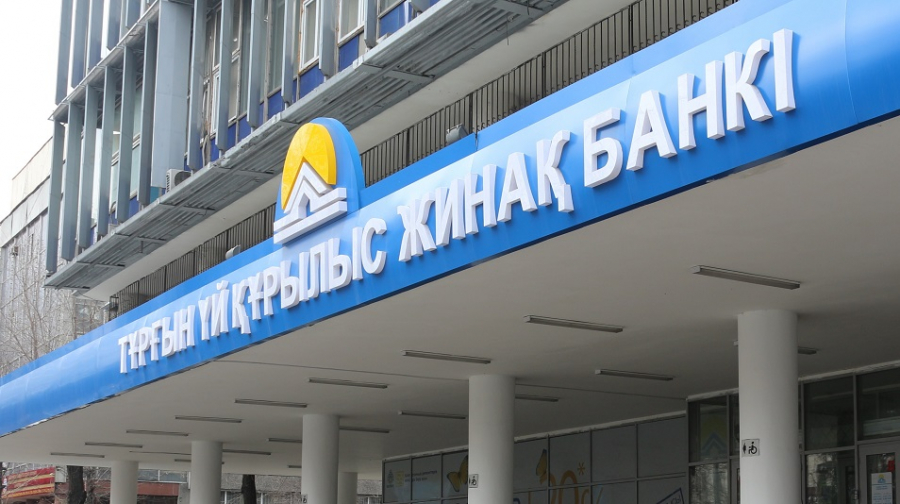
The first ever open-heart surgery
was performed in Astana 20 years ago in 2004, marking a significant milestone
in the history of Kazakhstan’s medicine. Lasting for six hours, the procedure
was successfully conducted by renowned cardiac surgeon Yuriy Pya. Today, the
first patient, a native of Atyrau, enjoys a full life and recalls that
following his diagnosis of a serious illness, he had no doubts about the
necessity of undergoing surgery.
“Coronary heart disease is a
serious matter. It’s been 20 years since the surgery. I feel quite well, and I
am living a full life surrounded by my children and grandchildren,” said a
patient Kadyrbek Kozhakhmetov.
“This is probably one of the most
complex cardiac surgeries in the field. Nonetheless, thanks to the well-coordinated
teamwork, it was successful. We are happy and proud to have achieved such a
result, which undoubtedly contributed to the development of cardiac surgery
across all regions of Kazakhstan,” Yuriy Pya, a cardiac surgeon and University
Medical Center Chairman, said.
To date, Kazakhstan’s cardiac
surgery services are actively developing. Domestic surgeons have performed tens
of thousands of complex operations on this vital organ of the human body and
blood vessels, saving lives of Kazakh citizens. Over the years, domestic
doctors have not only mastered new techniques in cardiac surgery but also
developed their own methodologies. Modern state-of-the-art equipment also
assists medical professionals in performing advanced surgeries.
“We perform a total of 3,000
heart surgeries and interventional procedures for children and adults every
year. According to annual statistics, the mortality rate from cardiovascular
diseases stood at 19,000 by the end of 2019 before the COVID-19 pandemic. We
have managed to reduce mortality rates fourfold due to personnel training and
the transfer of technology to all regions of Kazakhstan, especially to regional
centers,” said Abai Baigenzhin, Chairman of the Board of the National
Scientific Medical Center.
To date, Kazakhstan’s medical
centers meet global standards in terms of the quality and level of medical
services provided, making them leaders in the Central Asian region and
attracting both domestic and foreign patients, specialists note.









